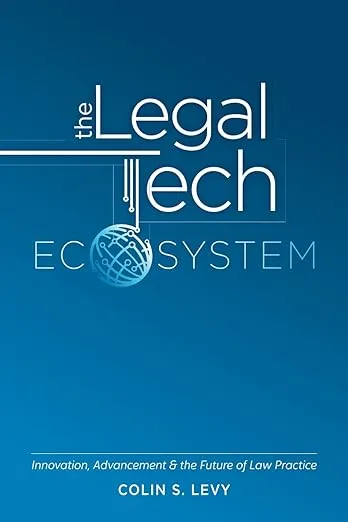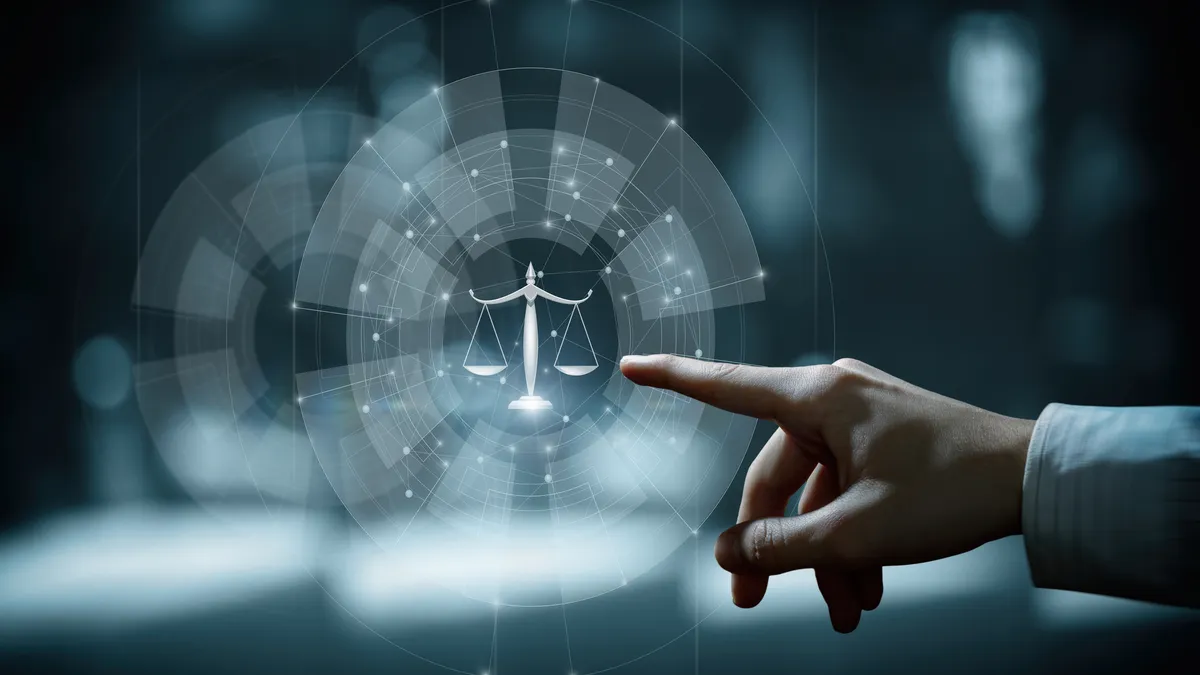Colin S. Levy is a lawyer, writer and speaker. He is the author of The Legal Tech Ecosystem. Views are the author’s own.
AI has generated global buzz, but hype obscures its nuanced potential in the legal field. As I explored in my recent book The Legal Tech Ecosystem, AI represents not a revolution but rather part of an integrated framework that could expand use of technology by legal teams if thoughtfully leveraged. In-house legal teams that want to realize its promise must prepare for it in a pragmatic way.
Targeted AI applications provide tangible productivity benefits. Algorithms can analyze hundreds of pages of contracts for key terms and risks in hours instead of the days required manually. AI tools rapidly synthesize relevant precedents, reducing research time.
Legal team efficiencies
AI enables smaller legal teams to complete tasks once only feasible for large firms with vast resources. Solo practitioners can now use AI applications to answer common legal questions and conduct research, leveling the playing field. Enterprise legal departments also gain new efficiencies. Much legal data remains unstructured, posing challenges for manual analysis. Using AI and machine learning, teams can extract insights from mountains of documents and contracts. This allows professionals to focus time on higher-value strategic tasks.

But hype ignores the hard work required to implement AI usefully; quality data inputs and human guidance are essential. AI is not as simple as buying a “robot lawyer.” To realize benefits, teams must invest in training and education on how to leverage AI judiciously. They must also audit for biases and monitor outputs. AI does not replace human legal expertise and judgment, it augments them.
Cautions on the leading edge

Effectively using AI means understanding current limitations. Biases in data produce biased outputs. Capabilities remain narrow and unpredictable. AI can process legal documents rapidly but lacks nuanced human understanding required for comprehensive counsel. Ongoing education is crucial.
Law schools should teach critical thinking around AI’s applications and ethical implications. Students need both tech literacy and an appreciation of AI’s limits. Firms must train employees continuously as capabilities advance. And collaborative guidelines for responsible AI development and use are key.
While AI could help expand affordable legal access, progress requires addressing algorithmic biases proactively. Thought leaders emphasize AI will augment human lawyers, not replace them. Rather than resist technology based on anxiety, lawyers should help shape its wise adoption. The legal tech ecosystem offers blossoming opportunities, if cultivated prudently.
The outlook for an AI-ready profession
With ethical preparation, education and responsible development, AI represents new capabilities to integrate - not existential threats. Lawyers who strategically leverage AI as one tool among many will thrive. Human creativity, judgment and empathy remain irreplaceable.
The future looks bright for professionals embracing AI’s potential deliberately, not reactively. New technologies simply become the next chapter in the timeless story of human progress and ingenuity. AI is not a substitute for experienced counsel and wisdom. Instead, it is a new implement in the toolbox, one that forward-looking firms will grasp skillfully.










